38 food web label
Food Web - Producers, Primary, Secondary and Tertiary Consumers - BYJUS A food chain shows a direct transfer of energy between organisms. As every organism can feed on multiple things, a food web is a much more realistic and simplified method of transferring energy in an ecosystem. Both food chains and food webs are similar to each other, but they are not the same. We will explore the differences here. A food chain presents a unique, connected path of energy flow in an ecosystem, whereas the food web explains how food chains overlap. How to Draw a Food Web: 11 Steps (with Pictures) - wikiHow At the top of your food web, write out your title in large font. Your title should be a good description of your entire food web. Mentioning the type of habitat that you are studying is usually a great idea. For example, you might title your work, "A Desert Food Web." You could also go with, "A Circle of Life in the Ocean," or "A Jungle Food Web."
Food Web: Concept and Applications | Learn Science at Scitable - Nature Food webs can be constructed to describe the species interactions. All species in the food webs can be distinguished into basal species (autotrophs, such as plants), intermediate species...

Food web label
Forest Food Webs - Exploring Nature This is a Forest Food Web. See if you can identify all the parts of the food web that make this a functioning, healthy ecosystem. Look for: The Producers - the trees, shrubs and plants. The Primary Consumers - the mice, squirrels and rabbits. The Secondary Consumers - the fox and hawk. The Scavengers - the turkey vulture and fox. Food Chains and Webs | National Geographic Society A food web is all of the food chains in an ecosystem. Each organism in an ecosystem occupies a specific trophic level or position in the food chain or web. Producers, who make their own food using photosynthesis or chemosynthesis, make up the bottom of the trophic pyramid. Primary consumers, mostly herbivores, exist at the next level, and secondary ... Food Web II - The Biology Corner Worksheet where students examine a food web and label the primary, secondary and tertiary consumers and identify the herbivores, omnivores, and carnivores. This food web shows animals from a prairie or forest ecosystem (snakes, owls, frogs, mice)
Food web label. Food Webs | National Geographic Society A food web is all of the interactions between the species within a community that involve the transfer of energy through consumption. A food web incorporates different food chains within an environment. These types of interactions occur between producer and consumer, and between predator and prey. The transfer of energy starts with plants. Food Labelling | FAO | Food and Agriculture Organization of the United ... A food label, the information presented on food product, is one of the most important and direct means of communicating information to the consumer. The internationally accepted definition of a food label is any tag, brand, mark, pictorial or other descriptive matter, written, printed, stencilled, marked, embossed or impressed on, or attached to, a container of food or food product. Food Web | National Geographic Society A food web consists of all the food chains in a single ecosystem. Each living thing in an ecosystem is part of multiple food chains. Each food chain is one possible path that energy and nutrients may take as they move through the ecosystem. All of the interconnected and overlapping food chains in an ecosystem make up a food web. Trophic Levels Food Labeling & Nutrition | FDA Food labeling is required for most prepared foods, such as breads, cereals, canned and frozen foods, snacks, desserts, drinks, etc. Nutrition labeling for raw produce (fruits and vegetables) and...
Simple Food Web Examples for Kids - YourDictionary Looking at a food web diagram can really clear things up. View & Download PDF Advertisement Trophic Levels Each level in a food web is a trophic level. This means that energy is transferred from one organism to another, or from one trophic level to another. At the beginning of the food web are the producers or autotrophs. Food Web Label KEY - The Biology Corner Food Web KEY. 1. For the food web, label each organism: (Some may have more than one label) P = producer | 1 = Primary Consumer | 2= Secondary Consumer | 3 = Tertiary Consumer | 4 Quartenary Consumer. 2. Now label each animal as either a : H = herbivore C = carnivore O = omnivore. 4. Create your own food web on the back. Food Web Skills - Labeling Food Webs - YouTube This video instructs students in introductory biology on how to label a food web to identify an organism's trophic level (s). Example questions are gone through for clarification. Try YouTube Kids. Aquatic food webs - National Oceanic and Atmospheric Administration Food webs describe who eats whom in an ecological community. Made of interconnected food chains, food webs help us understand how changes to ecosystems — say, removing a top predator or adding nutrients — affect many different species, both directly and indirectly. Phytoplankton and algae form the bases of aquatic food webs.
Food Chain and Food Web - Definition, Diagram, Examples, Videos In scientific terms, a food chain is a chronological pathway or an order that shows the flow of energy from one organism to the other. In a community which has producers, consumers, and decomposers, the energy flows in a specific pathway. Energy is not created or destroyed. But it flows from one level to the other, through different organisms. Food Web Label - Google Docs Food Web. 1. For the food web, label each organism: (Some may have more than one label) P = producer 1 = Primary Consumer 2= Secondary Consumer 3 = Tertiary Consumer. 2. Now label each animal as either a : H = herbivore C = carnivore O = omnivore. 4. Create your own food web on the back. Food Web Label - The Biology Corner Food Web. 1. For the food web, label each organism: (Some may have more than one label) P = producer | 1 = Primary Consumer | 2= Secondary Consumer | 3 = Tertiary Consumer | | 4 Quartenary Consumer. 2. Now label each animal as either a : H = herbivore C = carnivore O = omnivore. 3. Create your own food web on the back. Food Web Maker | Food Web Diagram Templates | Creately Use arrows or connectors to display the relationship between all the organisms of the food web, and label the organisms if required. Work your food web with a team via an email or invite link for collaboration. You can also download your creations in PDF, PNG, JPEG, or SVG formats for sharing, publishing, or printing. Create a Food Web
PDF Oak Tree Squirrel Owl Caterpillar Shrew Mouse LABEL THEFOODWEB. 1)Label each organism based on its position in the food web: P= Producer, 1= Primary Consumer, 2= Secondary Consumer, 3= Tertiary Consumer, D= Decomposer (Some may have more than one label.) 2)Then label each animal as: H= Herbivore, C= Carnivore or O= Omnivore. Caterpillar.
PDF Food Chains and Food Webs - US EPA Food Webs A food web is made up of interconnected food chains. Most communities include various populations of producer organisms which are eaten by any number of consumer populations. The green crab, for example, is a consumer as well as a decomposer. The crab will eat dead things or living things if it can catch them.
Food Web II - The Biology Corner Worksheet where students examine a food web and label the primary, secondary and tertiary consumers and identify the herbivores, omnivores, and carnivores. This food web shows animals from a prairie or forest ecosystem (snakes, owls, frogs, mice)
Food Chains and Webs | National Geographic Society A food web is all of the food chains in an ecosystem. Each organism in an ecosystem occupies a specific trophic level or position in the food chain or web. Producers, who make their own food using photosynthesis or chemosynthesis, make up the bottom of the trophic pyramid. Primary consumers, mostly herbivores, exist at the next level, and secondary ...
Forest Food Webs - Exploring Nature This is a Forest Food Web. See if you can identify all the parts of the food web that make this a functioning, healthy ecosystem. Look for: The Producers - the trees, shrubs and plants. The Primary Consumers - the mice, squirrels and rabbits. The Secondary Consumers - the fox and hawk. The Scavengers - the turkey vulture and fox.


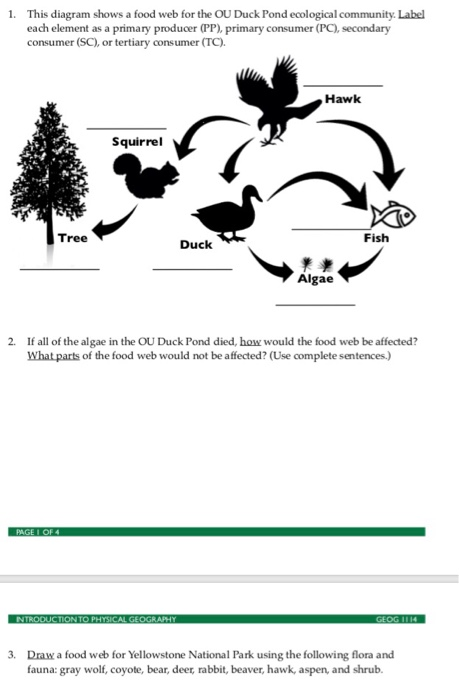
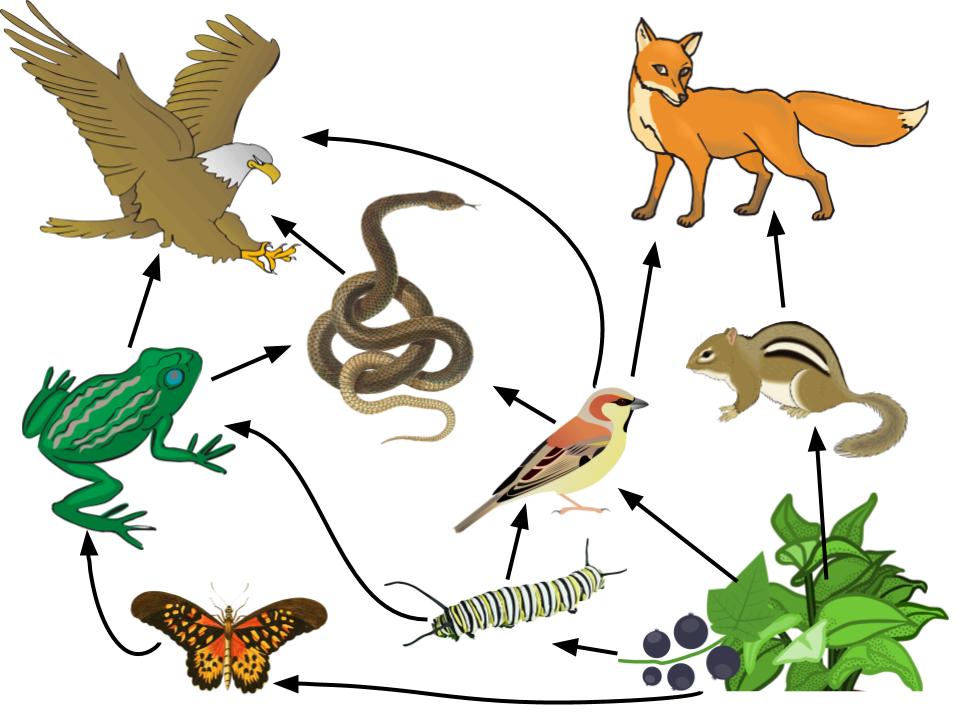
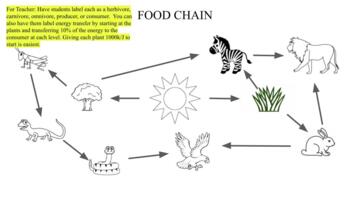
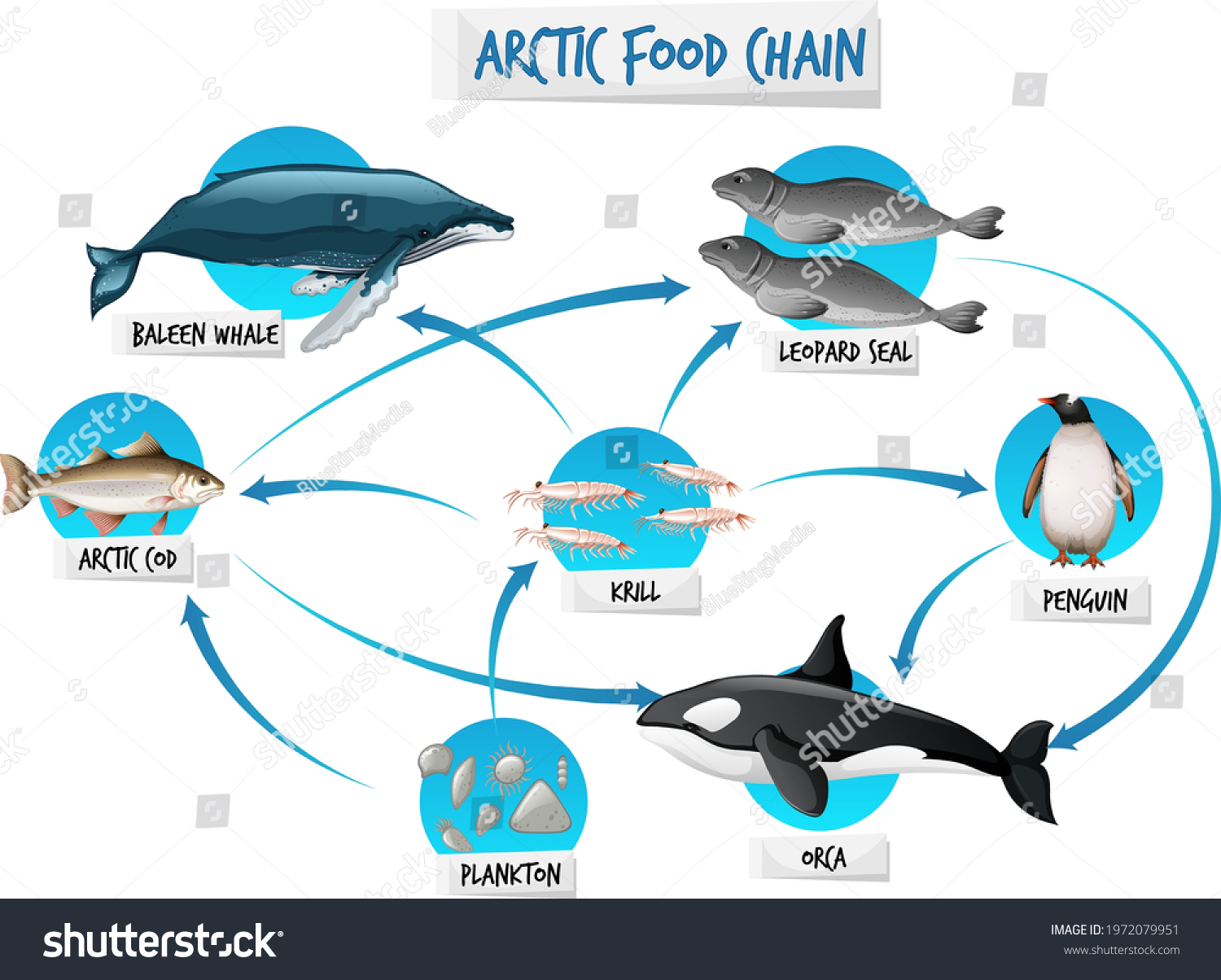



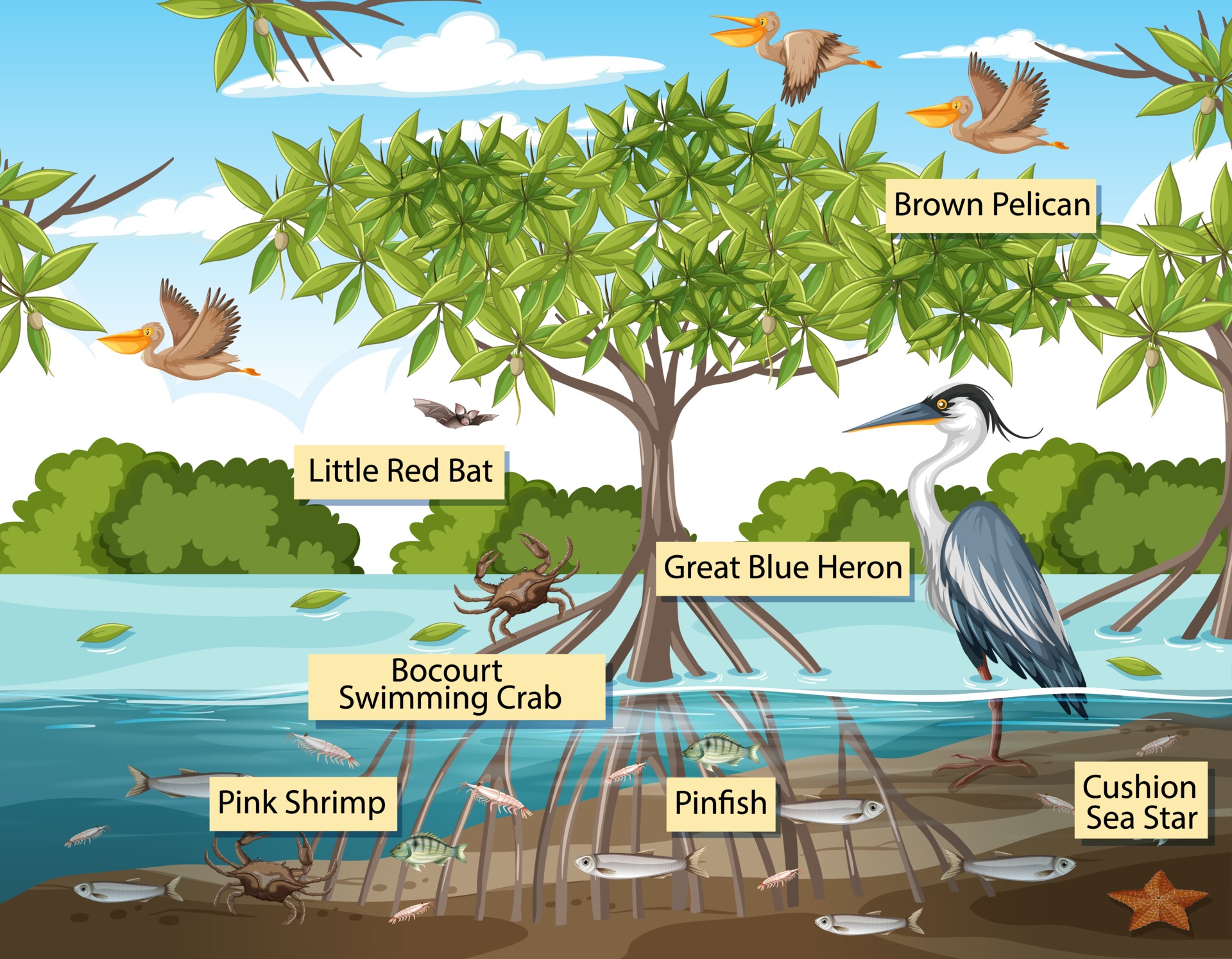
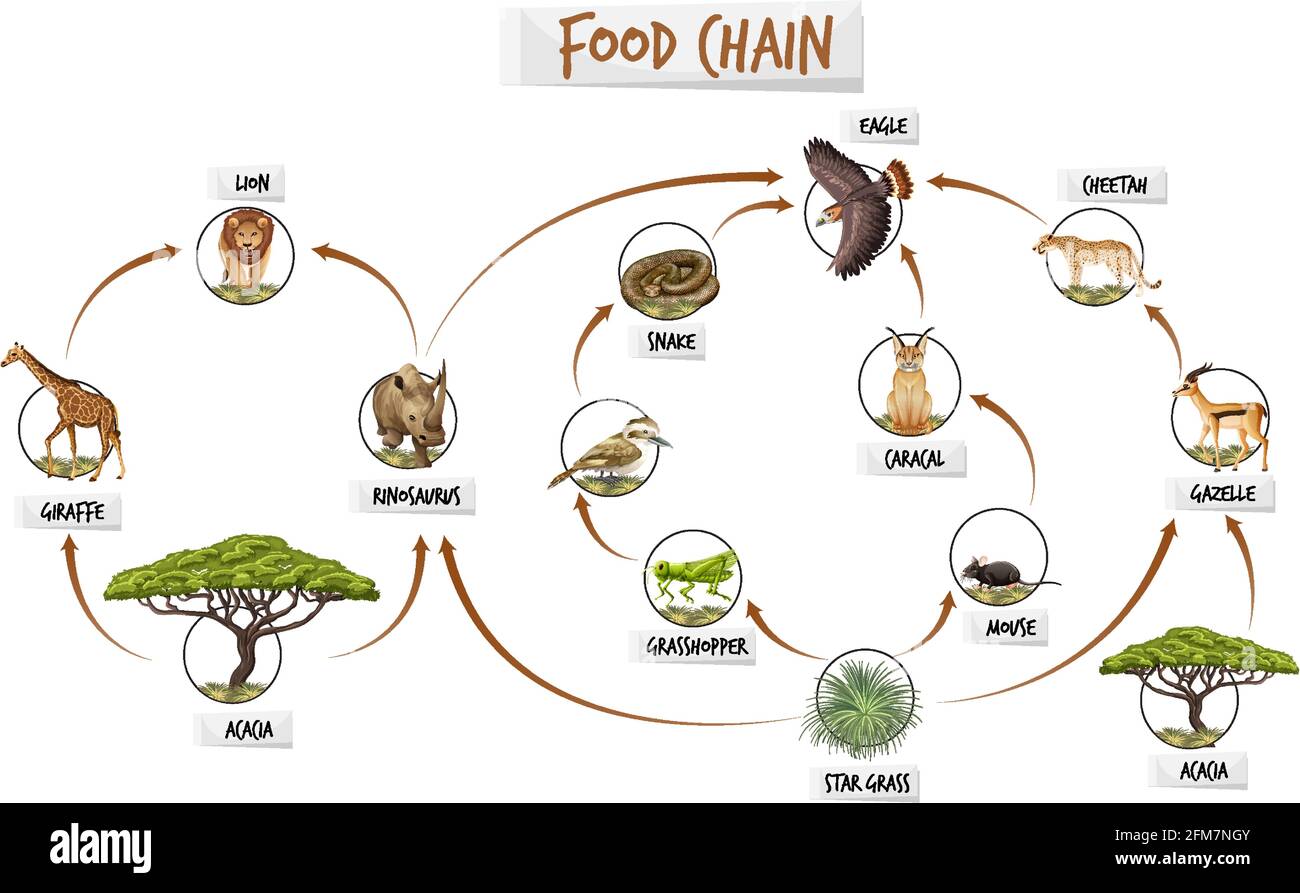

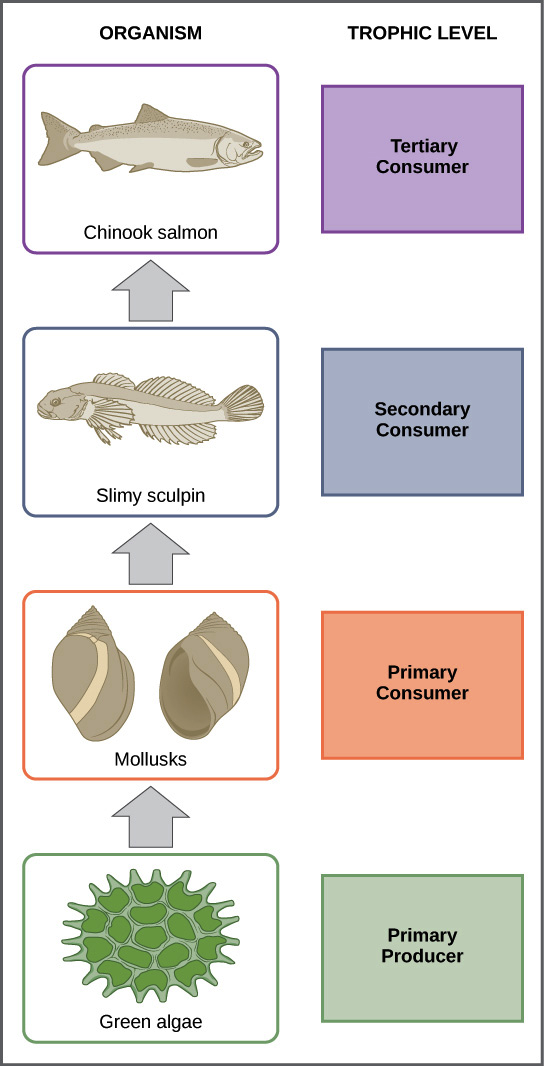


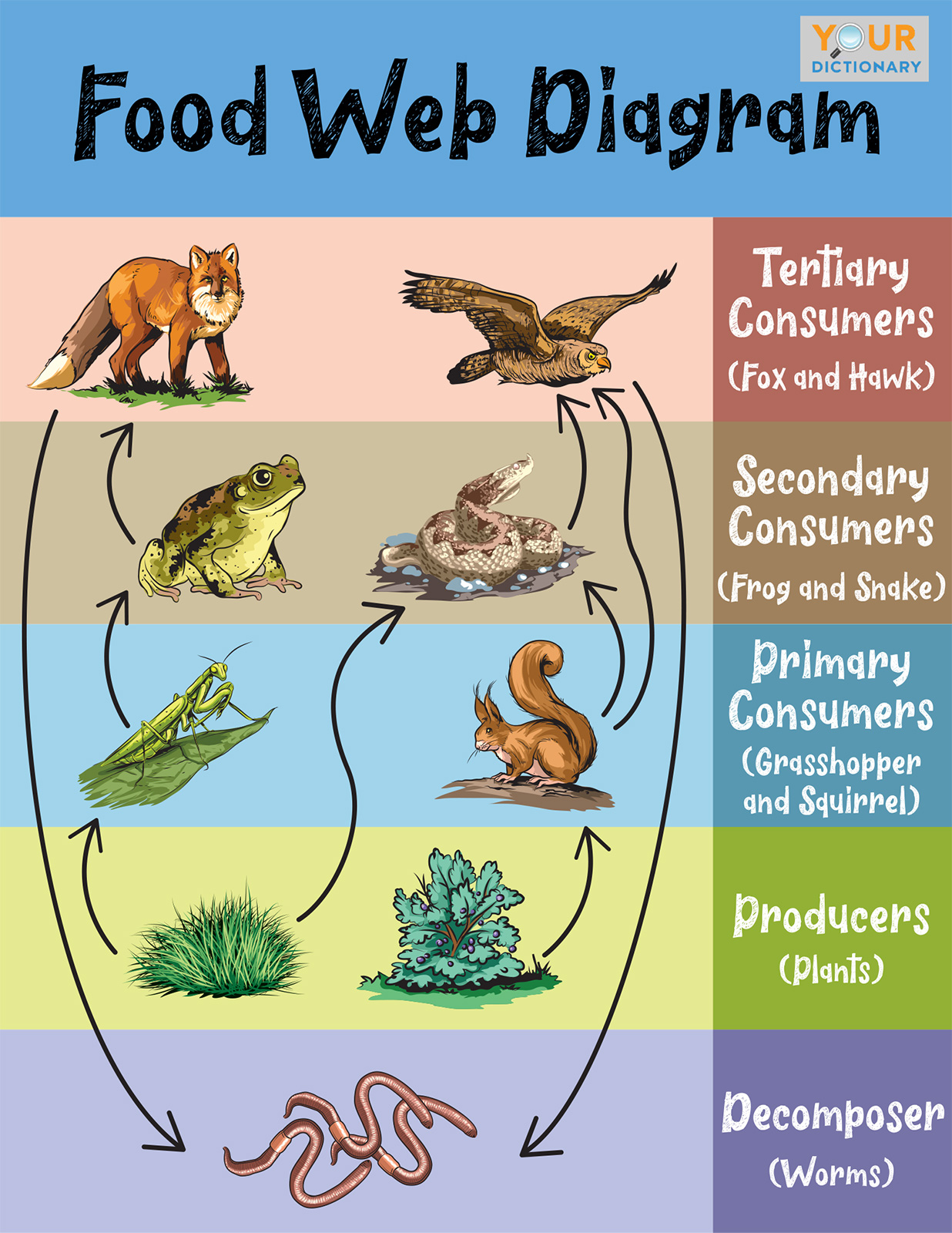

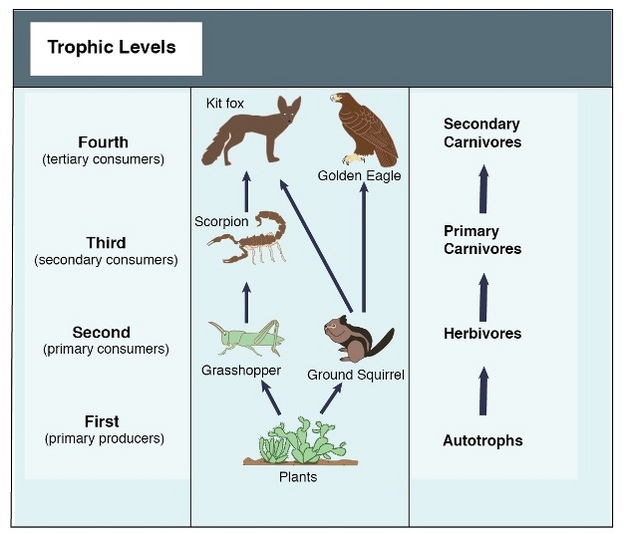




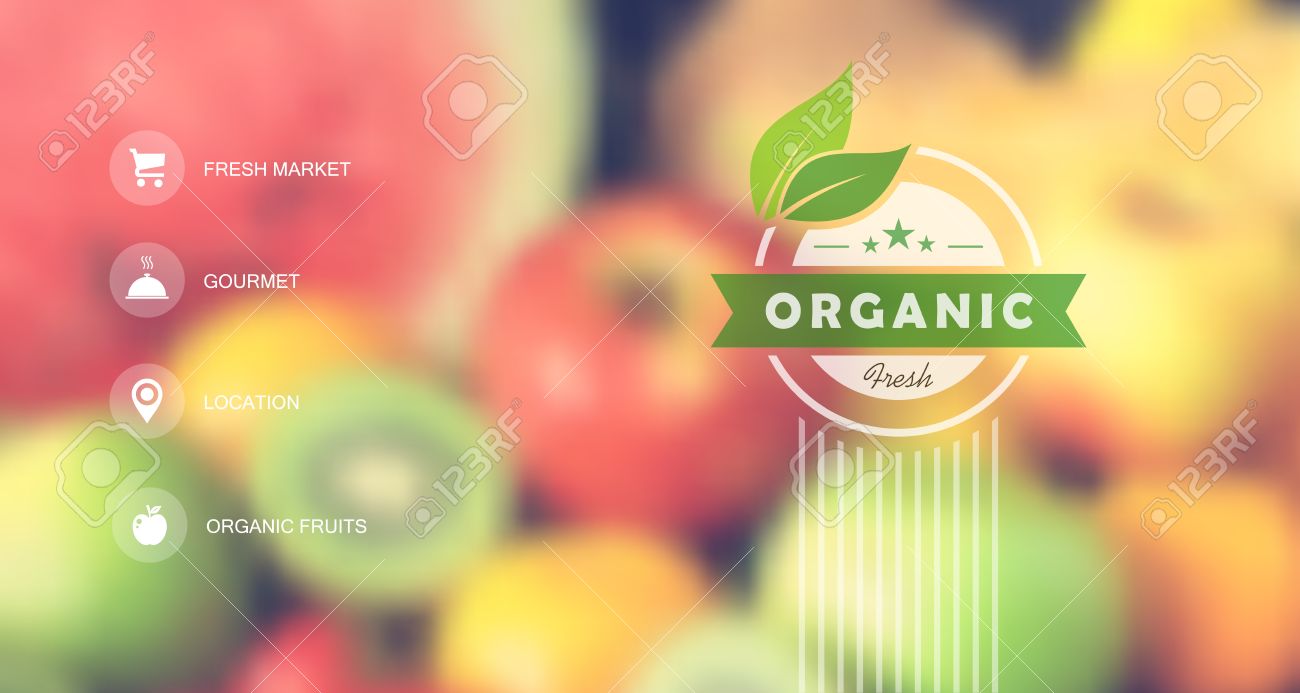
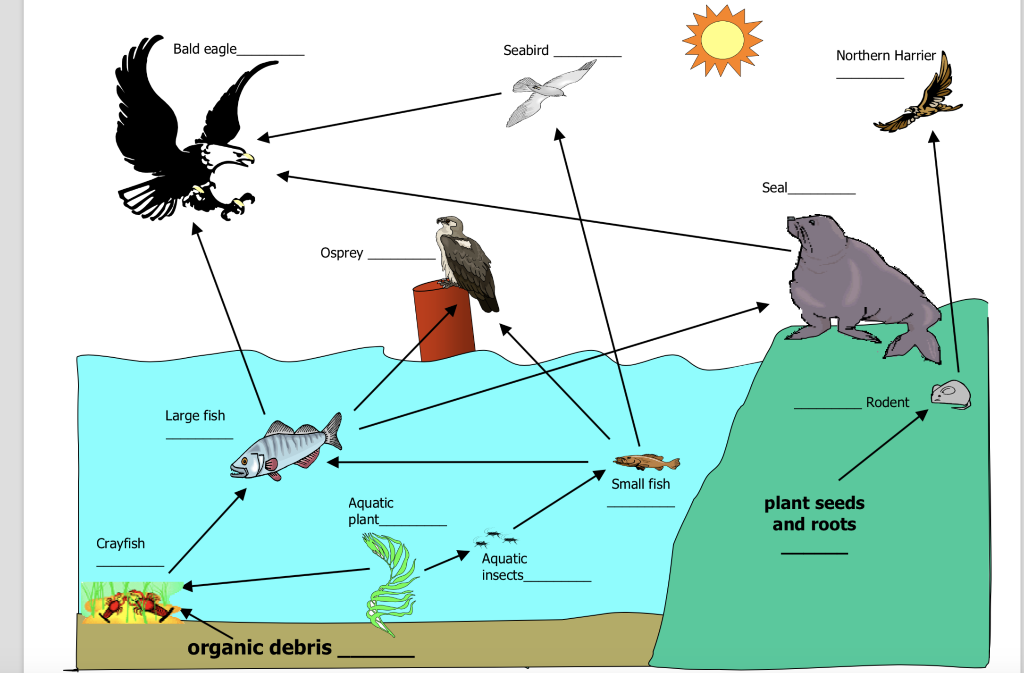

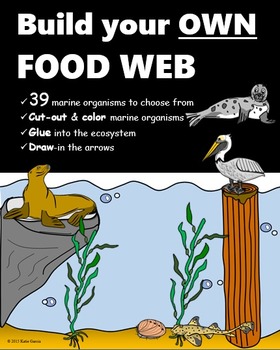



Post a Comment for "38 food web label"